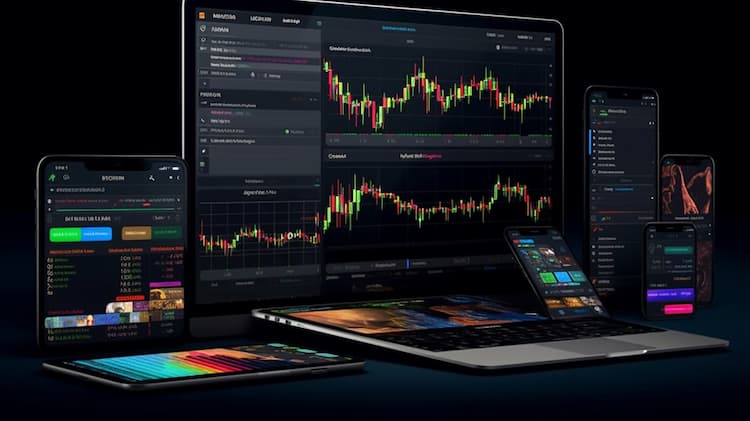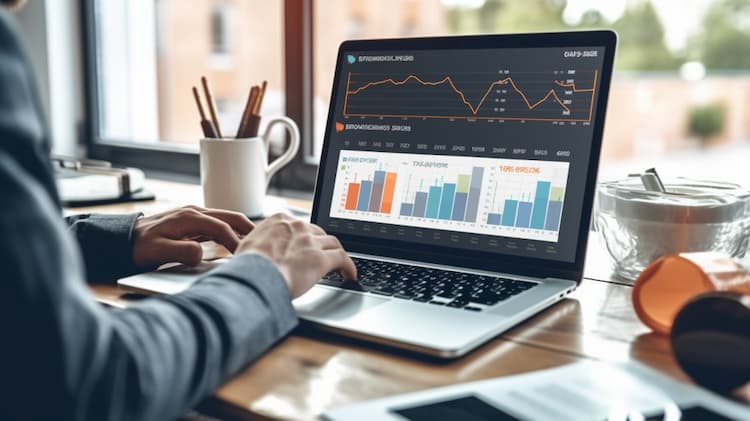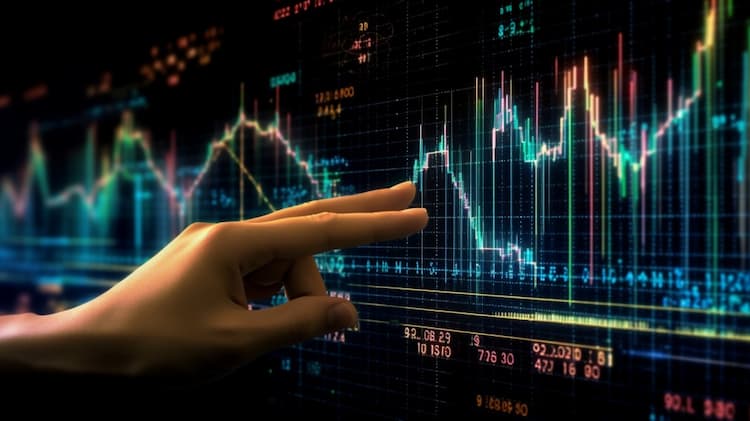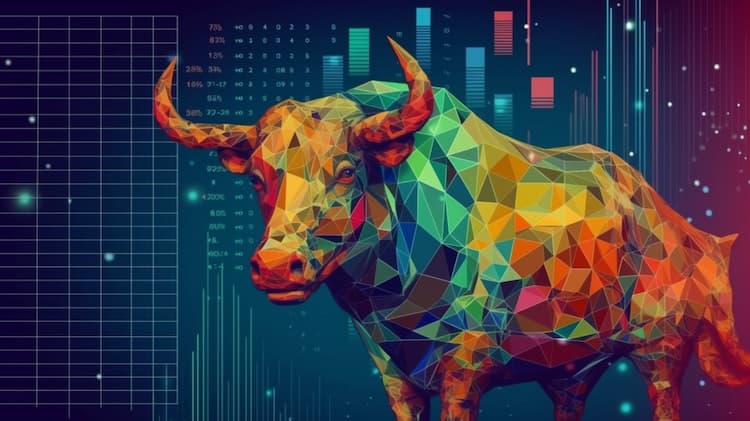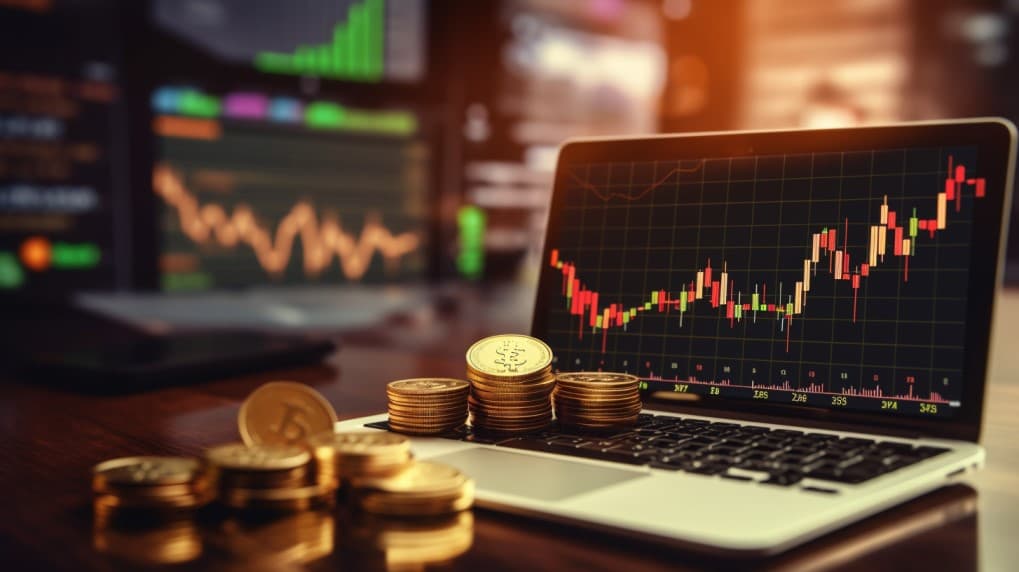
What are the best ETFs to invest in Brazil?
Investing in Exchange-Traded Funds (ETFs) can be a great way to gain exposure to the Brazilian market. Brazil, as one of the largest economies in Latin America, offers significant investment opportunities. This article explores some of the best ETFs to consider when investing in Brazil.
Comparing Real ETFs: iShares MSCI Brazil ETF (EWZ) vs. Global X Brazil Consumer ETF (BRAQ)
When it comes to investing in Brazil, two real ETFs worth considering are the iShares MSCI Brazil ETF (EWZ) and the Global X Brazil Consumer ETF (BRAQ). These ETFs offer different approaches to capturing the potential of the Brazilian market.
The iShares MSCI Brazil ETF (EWZ) is designed to track the performance of the MSCI Brazil 25/50 Index, which represents the top 85% of the Brazilian equity market by market capitalization. It provides broad exposure to large and mid-cap companies across various sectors in Brazil, including financials, energy, and materials. This ETF offers investors a well-diversified portfolio of Brazilian stocks.
On the other hand, the Global X Brazil Consumer ETF (BRAQ) focuses specifically on the consumer sector in Brazil. It tracks the Solactive Brazil Consumer Index, which includes companies engaged in industries such as retail, food and beverage, and consumer services. By investing in BRAQ, investors can gain exposure to the potential growth of consumer spending in Brazil.
While both ETFs provide exposure to the Brazilian market, their different sector focuses offer investors the flexibility to align their investment strategies with their specific goals and preferences.
What are the key benefits of investing in ETFs?
Investing in ETFs, including those focused on Brazil, offers several key benefits for investors:
Diversification: ETFs typically hold a basket of securities, providing instant diversification. This diversification helps reduce the risk associated with investing in a single stock or sector.
Liquidity: ETFs trade on major stock exchanges, providing investors with the ability to buy or sell shares throughout the trading day at market prices. This liquidity makes ETFs more accessible and flexible compared to traditional mutual funds.
Transparency: ETFs disclose their holdings on a daily basis, allowing investors to see exactly what securities the ETF holds. This transparency provides investors with a clear understanding of their investments.
Cost-Effectiveness: ETFs generally have lower expense ratios compared to actively managed funds. This cost advantage can potentially enhance returns over the long term.
 EWZ overlap What are the best ETFs to invest in Brazil?
EWZ overlap What are the best ETFs to invest in Brazil?
How to choose the right ETF for investing in Brazil?
When selecting an ETF for investing in Brazil, consider the following factors:
Investment Objective: Determine your investment objective and whether you want broad exposure to the overall Brazilian market or a specific sector.
Expense Ratio: Compare the expense ratios of different ETFs to find a cost-effective option. Lower expense ratios can contribute to higher returns over time.
Tracking Error: Look for ETFs that closely track their underlying index. A low tracking error indicates that the ETF accurately reflects the performance of the targeted market or sector.
Volume and Liquidity: Check the average daily trading volume and liquidity of the ETF. Higher volume and liquidity generally lead to tighter bid-ask spreads, making it easier to buy or sell shares at fair prices.
Conclusion
Investing in Brazil through ETFs can provide investors with exposure to the country's market and potential growth opportunities. The iShares MSCI Brazil ETF (EWZ) and Global X Brazil Consumer ETF (BRAQ) are two real ETFs that offer distinct approaches to investing in Brazil. Consider your investment objectives, expense ratios, tracking error, and liquidity when choosing the right ETF for your investment strategy.
Disclaimer: This article is for informational purposes only and does not provide investment advisory services. Investors should conduct thorough research and consider their individual investment goals before making any investment decisions.
Sources:
iShares MSCI Brazil ETF (EWZ):
Global X Brazil Consumer ETF (BRAQ):
FAQ
What are some popular ETFs available for investing in Brazil?
There are several ETFs that provide exposure to the Brazilian market. Some popular options include the iShares MSCI Brazil ETF (EWZ), the Global X MSCI Brazil ETF (BRAZ), and the VanEck Vectors Brazil Small-Cap ETF (BRF).
What is the iShares MSCI Brazil ETF (EWZ)?
The iShares MSCI Brazil ETF (EWZ) is an exchange-traded fund that seeks to track the performance of the MSCI Brazil 25/50 Index. It invests in a diversified portfolio of Brazilian stocks, primarily large and mid-cap companies.
What is the Global X MSCI Brazil ETF (BRAZ)?
The Global X MSCI Brazil ETF (BRAZ) is an ETF that aims to replicate the performance of the MSCI Brazil 10/40 Index. It provides exposure to Brazilian companies across various sectors, including financials, materials, consumer discretionary, and more.
What is the VanEck Vectors Brazil Small-Cap ETF (BRF)?
The VanEck Vectors Brazil Small-Cap ETF (BRF) is designed to track the performance of the MVIS Brazil Small-Cap Index. This ETF focuses on small-cap Brazilian companies, providing investors with exposure to this segment of the market.
What factors should I consider when choosing an ETF to invest in Brazil?
When selecting an ETF for investing in Brazil, it's essential to consider factors such as the ETF's expense ratio, liquidity, underlying index methodology, diversification, and performance history. Additionally, evaluating the fund's holdings and sector allocation can provide insights into its investment approach.

